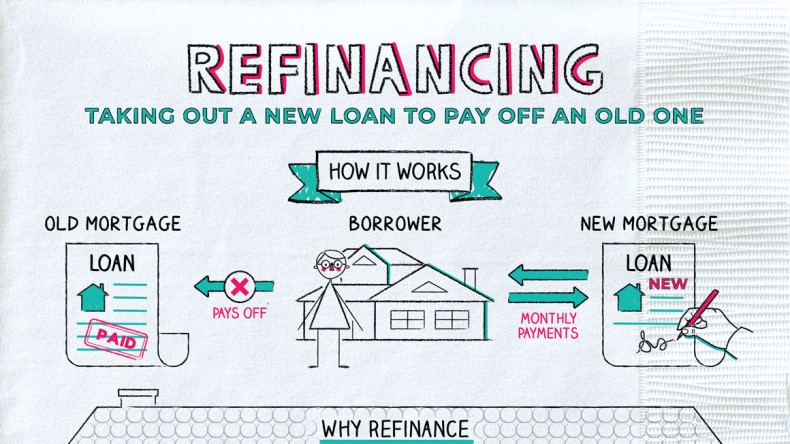What are the differences between CFD trading and traditional stocks trading? In some ways, stocks trading has similarities with CFD trading. Despite these similarities, it is important to note that there are also differences that set them apart. These differences are important before you start trading.
One obvious difference between stock CFDs and traditional stocks is the ownership of the underlying asset. In CFD, you do not own the underlying asset but you can speculate on the price movement. As for traditional stocks trading, you will have to own the asset before you can trade. Other than that, there are some differences that you should take note of.
What is CFD Trading?
Trading CFD means that you enter into a contract without your broker and this contract serves as an agreement that the difference of the entry and exit price must be paid. This method is somewhat advantageous but there are also disadvantages that you should take note of.
Leverage
Leverage is the number one advantage of CFD trading but it can also turn into the biggest disadvantage if not used properly. CFD is known as leveraged products wherein, traders get to trade on margin and don’t require tying up the full value of the asset. Leverage is also available for share trading but the leverage is much lower compared to other markets. It is also very rare to see traders leveraging on share trading compared to if you do it with CFD.
Leverage is such a useful tool, especially for retail traders. You can access a larger position through leverage and you can also expect larger gains whenever the market goes in your favor. But it is important to note that as much as leverage mirrors gains, it also mirrors losses once the market goes against your predictions. Taking these things into account, it is very important for you to know how to manage the risks if you use leverage on your trades.
What is Stocks CFD Trading?
Now that you’ve known something important about CFD, it is time to know the advantages of Stocks CFD trading. You can trade long and short positions in CFD trading and you are also not required to deliver the asset when short selling trade. This allows you to speculate on the rise and fall of the prices. Another key advantage of Stocks CFD trading for UK traders is that they are exempted from paying stamp duty which is about 0.5% savings for you.
The Difference
As you consider the two markets, you may start to think which one is the best investment for you. Here’s the thing, CFD is not for long-term investment. Although it is allowed but not recommended. This is because CFD charges additional fees for overnight trading. If you keep your positions open over the night, you will be paying for additional overnight charges which will take up your capital when accumulated over time. More importantly, CFD is highly volatile and could incur more losses if kept for a longer time. Therefore, if you want to trade CFDs, you can use them as a short-term investment option.







